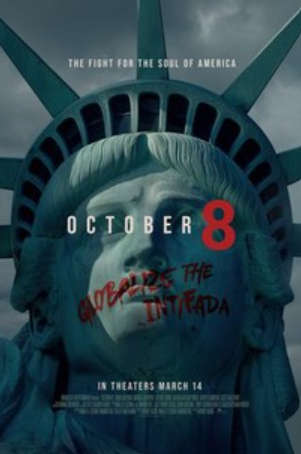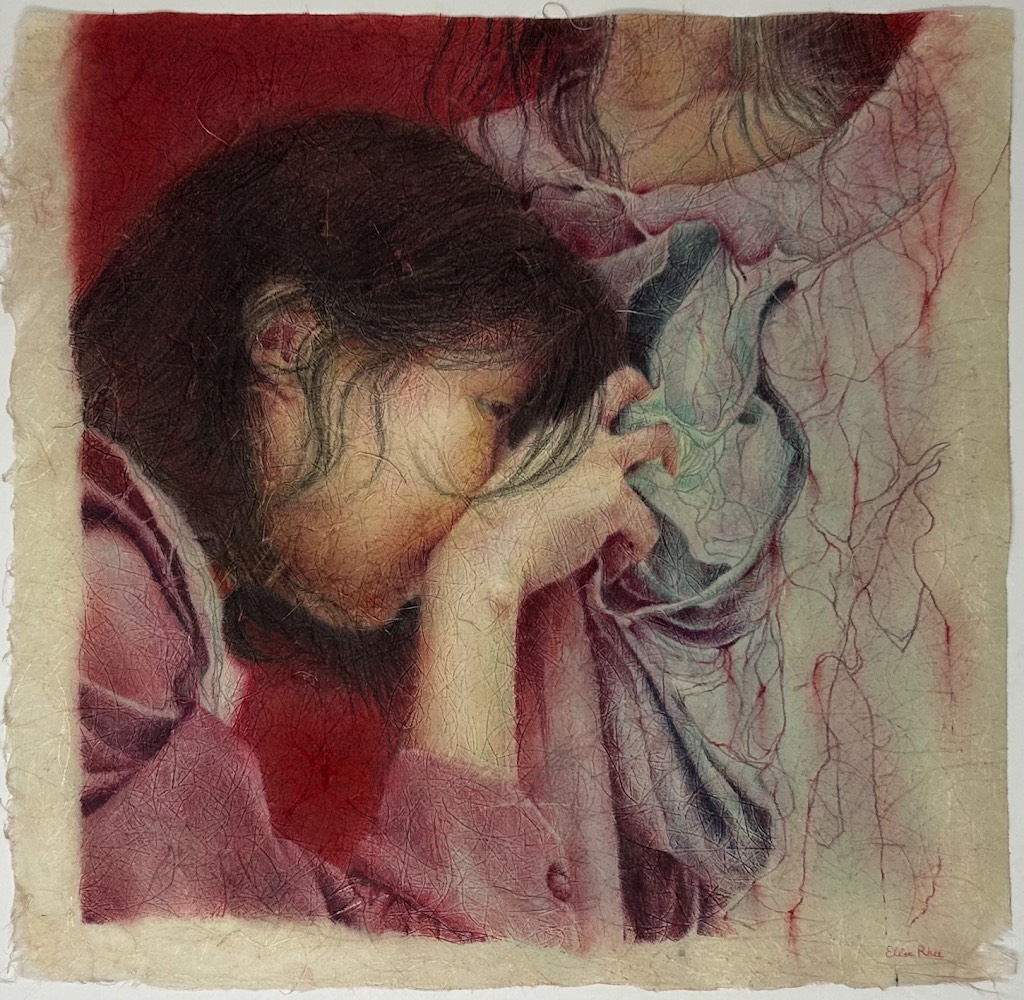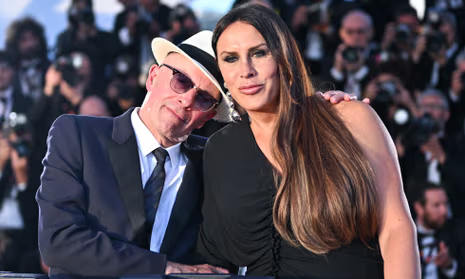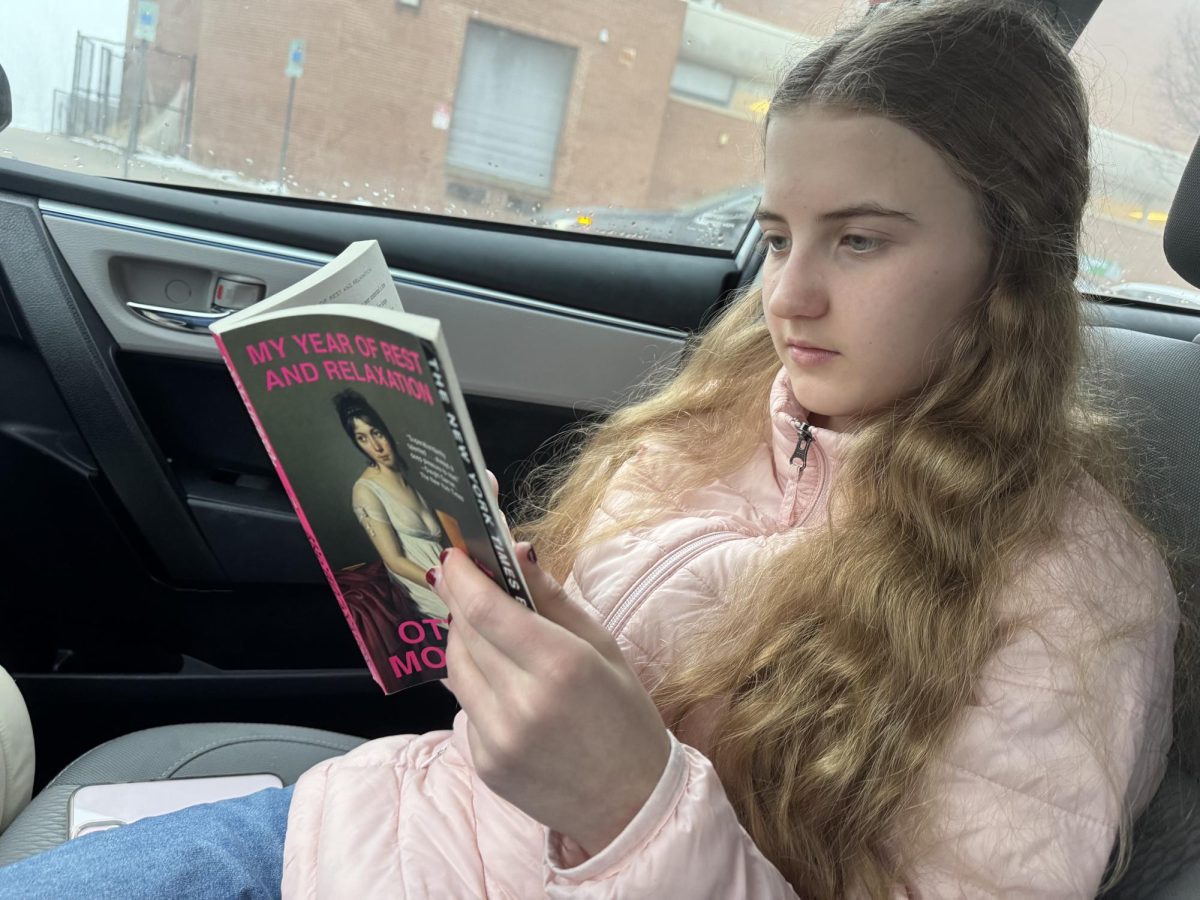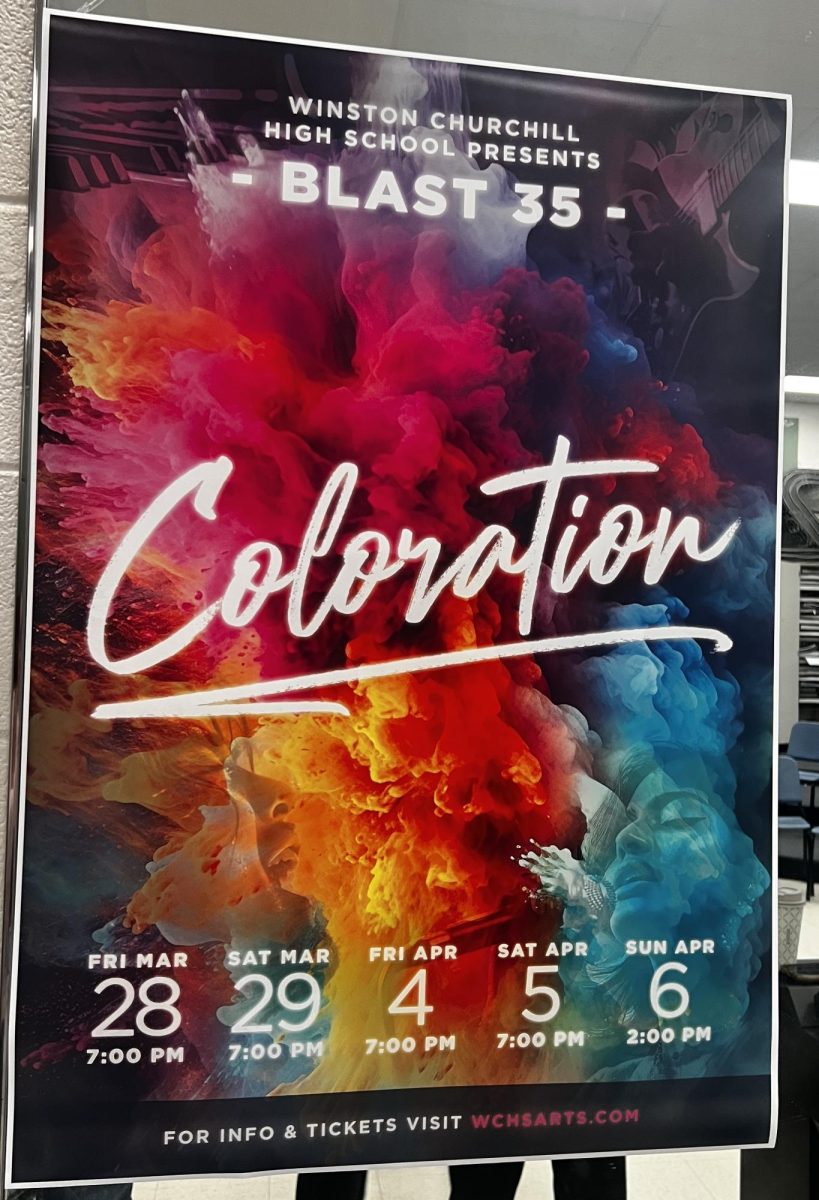2010 was a great year for hip-hop. The resurgence of old school rappers and the graduation of a new school of rappers who are poised to control hip-hop in the next decade made the year an exciting one for radio and underground music. However, 2010 also felt like one huge court case against the rappers that America has come to know and love. At two different points this year, Lil Wayne, T.I., Gucci Mane and Lil Boosie were all incarcerated at the same time.
Since then, Lil Wayne was released from Rikers Island Correctional Facility in New York, T.I. was sent back to jail for 11 months on probation violation charges, Gucci Mane was arrested for reckless driving, and Lil Boosie is still incarcerated while awaiting his trial for murder charges.
In November, rapper Wiz Khalifa was arrested and charged with a felony count of marijuana trafficking, maintaining space to hold marijuana and possessing drug paraphernalia. The rapper is expected to enter a plea deal instead of going to court and has an impending trial. While this might be the most recent arrest of a musician in the US, hip-hop has been known to battle law enforcement and often serve time as a consequence of its actions.
Some artists who dominated music in the 1990s and 2000s are now listed as inmates in prisons across the country. Prodigy, a member of the group Mobb Deep, is currently serving a three-year prison sentence for weapons charges with an expected 2011 release. Pimp C, a member of the southern rap group UGK, was sentenced to eight years in prison in 2002 for probation violation. The rapper was released in December 2005, but passed away in December 2007 after a drug overdose.
When Pimp C was arrested, hip-hop’s founders and fans alike rose up in protest for what they felt was an unnecessary and groundless sentence. In a music genre where relevance and street cred are essential to success, jail time is both a gift and a curse for rappers trying to gain a fan base. While some prison sentences keep rappers in the media’s eye, sometimes turning the sentences into promo for a new album, the time away from the spotlight can often leave rappers lost and alone when they walk past the prison gates.
Hip-hop, however, is not the only genre to have run-ins with the law. In September 2010, pop singer Bruno Mars was arrested in a Las Vegas hotel for possession of cocaine. Atlantic Records, Bruno Mars’ label, showed full support for the singer, whose single “Just the Way You Are” reached number one on the U.S. Billboard Top 100 charts two weeks after the arrest was made.
Similar to Bruno Mars’ case, problems with law enforcement can also increase an artist’s publicity and sometimes help keep them in the spotlight when they are behind bars. Rapper 2Pac had no jail record until his rap career started, when police assaulted him for jaywalking in 1991. In 1995, 2Pac served 11 months of a one-and-a-half to four-and-a-half year prison charge for sexual assault. Apart from hit singles that would become classic records, the charges kept the rapper’s face in newspapers and on the news every day. During this sentence, 2Pac became the first artist to have a number one album debut on Billboard 200 while incarcerated. Me Against the World stayed #1 for five consecutive weeks and was eventually certified double platinum.
Similarly, Lil Wayne’s recent record, I Am Not a Human Being became the first album to top the Billboard charts while the artist was behind bars since 2Pac’s Me Against the World. Lil Wayne proved that with the right business plan, an artist can stay relevant even when locked up.
For some artists, however, jail time can not only leave them forgotten by the public, but can also cut their lives short at their peak. In 2009, platinum-selling rapper C-Murder was sentenced to life in prison after allegedly killing a teenage fan at a concert in 2002. Similarly, rapper Big Lurch was sentenced to life in prison in November 2003 for murder and aggravated mayhem after killing a 21-year old woman and eating parts of her flesh while on PCP.
The message of hope and perseverance that rappers try to give their audience can often be masked by court cases and jail time that often damage the artist’s reputation. Fans should take rapper’s legal troubles as warnings of what might happen to them if they attempt to portray the ghetto lifestyle that most mainstream fans do not understand. On the other hand, rappers need to understand the role they play in society and strive to be a positive influence for the people that make them legends.
Rappers like Jay-Z who went from assault charges in 1999 to lunch with Warren Buffett in 2010 understand that their life stories are more important now that they have reached new levels of success and fame. While rappers might not see a day where they do not have to worry about unfair law enforcement, they do need the common sense to stay out of trouble when all eyes are on them
Categories:
Rap artists’ legal troubles affect music production
December 22, 2010
Story continues below advertisement
0
More to Discover


